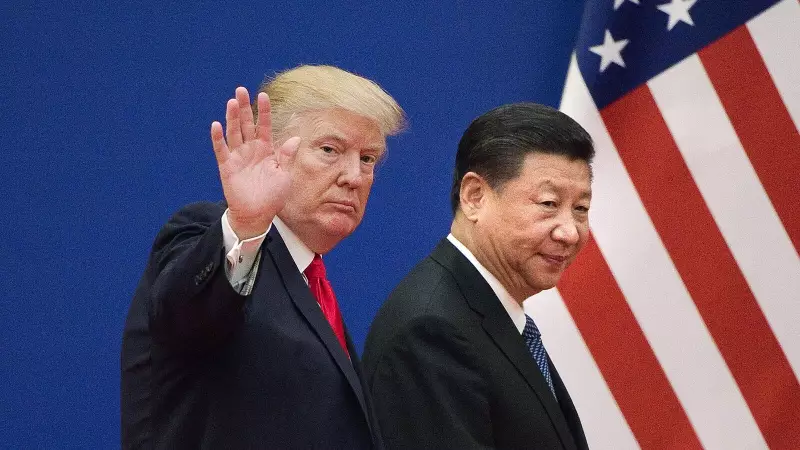
In a significant development ahead of the G20 summit in Osaka, both United States and China have indicated their intention to prevent further escalation of their ongoing trade war. This comes amid rising tensions over technology exports and the strategic rare earth minerals that power modern electronics.
The Diplomatic Thaw Before the Storm
Senior officials from both economic superpowers are actively working to create favorable conditions for what could be a landmark meeting between President Donald Trump and Chinese leader Xi Jinping. The anticipated bilateral talks during the G20 gathering could potentially restart stalled trade negotiations that collapsed dramatically in May.
The timing is critical as both nations have been engaged in a tit-for-tat exchange of tariff increases that have rattled global markets and threatened worldwide economic growth. The International Monetary Fund has repeatedly warned about the damaging effects of prolonged trade conflicts on the global economy.
Rare Earth: China's Strategic Trump Card
One of the most potent weapons in this economic confrontation involves rare earth elements - seventeen metallic minerals crucial for manufacturing everything from smartphones and electric vehicles to advanced military equipment. China currently dominates global rare earth production, controlling approximately 80% of US imports of these critical materials.
Recent Chinese media commentary and official statements have strongly hinted that restrictions on rare earth exports could be imminent if trade tensions continue to escalate. This would represent a severe blow to American technology and defense industries that rely heavily on these specialized materials.
Huawei Blacklist Complications
The US Commerce Department's decision to place Chinese telecom giant Huawei on an export blacklist has further complicated the already tense relationship. The move effectively prevents American companies from selling software and components to Huawei without special licenses, potentially crippling the smartphone maker's global operations.
Meanwhile, China has been preparing its own "unreliable entities list" that would target foreign companies deemed to have damaged Chinese industrial interests. This retaliatory measure underscores the increasingly complex nature of the technological cold war developing between the world's two largest economies.
What's at Stake for Global Markets
The outcome of the Trump-Xi meeting could determine the direction of:
- Global supply chains and manufacturing costs
- Technology sector investments and innovation
- Agricultural markets and commodity prices
- Currency stability and financial market confidence
- Long-term economic growth projections worldwide
Financial markets worldwide will be closely monitoring the Osaka discussions, with investors hoping for at least a temporary truce that would halt further tariff increases and provide breathing room for negotiated solutions.
As both leaders prepare for their high-stakes encounter, the business community and economic policymakers globally are holding their breath, aware that the consequences of failed diplomacy could extend far beyond bilateral relations and potentially trigger a global economic slowdown.





